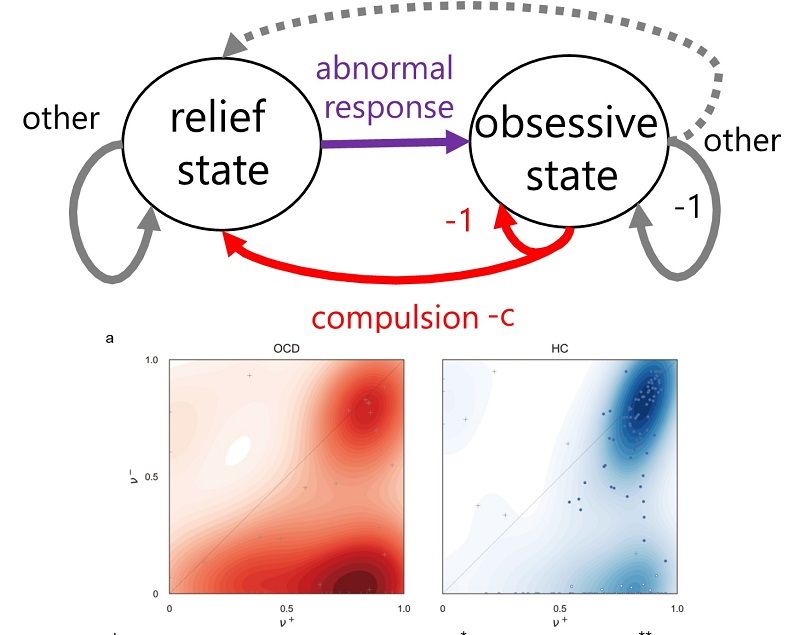Computational Behavioral Neuroscience

Research Staff
-

Professor
Saori TANAKA -

Associate Professor
Lin SAI -

Assistant Professor
Hiroyoshi OGISHIMA -

Assistant Professor
Wendyam Eric Lionel ILBOUDO -

Affiliate Assistant Professor
Issaku KAWASHIMA
Research Areas
Estimation of human learning parameters based on mathematical model and elucidation of its brain base
We describe human behavior by the computational models and examine the relationship between the parameters and individual characteristics based on the neural basis of the computational models. Specifically, we construct computational models of psychiatric disorders (Figure 1) or adolescent behavior and verify them with empirical experiments.

Fig. 1
Building a neuro-behavioral model of human involvement based on individual brain-world interaction
Realizing that recursive interaction loops between individuals and the world are essential in considering the difficulties caused by the unmatching of the social environment and individuals, we will construct an individual brain model focusing on the dopamine function. By integrating a world model, we construct a model of the individual brain-world interaction loop and validate the model using large-scale and brain imaging data of an adolescent cohort study.
Construction and utilization of large-scale brain and behavioral databases
Using a "data-driven" approach that combines multivariate brain and behavior data with machine learning, we are actively trying to elucidate the mechanisms of individual characteristics holistically without being bound by specific hypotheses. In addition to working to elucidate the mechanisms of human development and disease using large-scale data, we will conduct research to construct and optimize large-scale databases necessary for data-driven analysis with high accuracy and generalization performance.
Key Features
decision-making, computational model, reinforcement learning, neuroimaging, cognitive science, neuroeconomics, computational psychiatry, database